8 Health Benefits Of Oysters, Nutrition, And Side Effects
The exotic mollusks can be an important addition to your diet - thanks to their antioxidant properties.

Image: Shutterstock
When you think of oysters, what probably comes to your mind is eating them with a rind of a lemon. You may also want to eat them because they sound exotic. Well, that is because they are. But, did you know that there are several health benefits of Oysters? Oysters are an impressive mix of essential vitamins and minerals. Not to forget, their complex textures and flavors reflect the ever-elusive depths of the seas and oceans, adding to their richness! Though admittedly, they are an acquired taste. But what perks can oysters bring to your diet apart from the salty, zesty taste? Are oysters good for you? In this article, we discuss the health benefits and risks of eating oysters, how to add them to your diet, and who should avoid eating them. Keep reading.
 Know Your Ingredient: Oyster
Know Your Ingredient: OysterWhat Is It?
Oyster is a type of saltwater bivalve mollusk commonly consumed because of its unique taste and flavor.
What Are Its Benefits?
It may help in strengthening bones, managing blood sugar levels, lowering cardiovascular risk, and improving sexual drive.
Who Can Consume It?
It is safe for consumption for most people except for people who are allergic or with a low immune system.
How Often?
You can consume it daily, but in moderation.
Caution
Pregnant and breastfeeding women should not consume it in excess.
In This Article
What Are Oysters?
Oysters are a group of saltwater bivalve mollusks that dwell in marine or brackish environments. They are an important element of the ecology and filter contaminants from the water to provide habitat for other marine organisms.
Some types of oysters can be eaten either cooked or raw. These mollusks have a lot to offer in terms of health advantages, apart from their alleged aphrodisiac properties that help improve sexual drive.
 Did You Know?
Did You Know?Wondering what nutrients oysters contain, and are oysters healthy? In the next section, we look at the breakdown of their minerals and vitamins.
Key Takeaways
- A group of saltwater bivalve mollusks, oysters are found in brackish or marine environments.
- They may help you reduce your body weight, manage your blood sugar levels.
- It is better to consume cooked oysters as the high heat can kill not only bacteria but also other organisms that can cause diseases.

Oyster Nutrition Facts
One serving (100g) of oysters contains (1):
| Energy | 81kcal |
| Protein | 9.45g |
| Fat | 2.3g |
| Carbohydrate | 4.95g |
| Calcium | 8 mg |
| Potassium | 168 mg |
| Sodium | 106 mg |
According to Dr. Rudolf Probst, a qualified medical doctor, 100g of oysters also provide (approx):
- Vitamin D: 80% of RDI
- Vitamin B1: 7% of RDI
- Vitamin B3: 7% of RDI
- Vitamin B12: 324% of RDI
- Zinc: 605% of RDI
- Copper: 223% of RDI
- Selenium: 91% of RDI
- Iron: 37% of RDI
- Manganese: 18% of RDI
- Phosphorus: 14% RDI
- Magnesium: 12% of RDI
Oysters are also abundant in omega-3 fatty acids, which are essential for antioxidant activity in the body.
The oysters you consume are marine-water mollusks, which contain most of the dietary nutrients you need. Check out the next section for some of the oyster shell benefits you should know about.
8 Health Benefits Of Oysters
Oysters are packed with essential nutrients and offer a variety of health benefits. From boosting heart health to improving brain function, they are a nutritious addition to any diet. Its range of benefits makes it more than just a gourmet treat. Here is a list of all the ways it may improve your health:
1. May Help Reduce Body Weight
The proteins in oysters may help reduce or manage body weight. A study found that high-protein meals may promote satiety (feeling fuller), reduce energy intake, and help with weight loss. This function is majorly attributed to two hormones — cholecystokinini A peptide hormone of the gastrointestinal system responsible for stimulating the digestion of fat, lipids, and proteins. (CCK) and ghrelin (hunger hormone). Ghrelin, released by the stomach walls, is responsible for the feeling of hunger, and its levels decrease after a meal. Similarly, CCK is produced in the upper small intestine after a meal, especially when protein-rich food is consumed. These decreased levels of ghrelin and increased levels of CCK signal the brain that enough food has been consumed and initiate satiety (2).
2. May Help Manage Blood Sugar Levels

As stated, protein-rich foods help improve satiety and reduce energy intake. This, in turn, helps manage blood sugar levels. Besides, a high-protein diet was shown to decrease the levels of hemoglobin A1c (HbA1c), a compound associated with blood sugar levels, in type-2 diabetes subjects. Moreover, these subjects also experienced weight loss and decreased blood pressure after following this diet for six months (3). However, more research is warranted in this regard.
3. May Help Improve Antioxidant Levels
Oysters have a special antioxidant called 3,5-Dihydroxy-4-methoxybenzyl alcohol (DHMBA).
This phenolic compound may help reduce oxidative stress at the cellular level (4). However, research into the effects of DHMBA is still in the early stages. But the evidence so far suggests that it may help prevent cellular death due to oxidative stress (5).
Besides, another study based on oyster culture indicates that DHMBA may also help prevent and treat liver diseases (6).
4. May Help Lower Cardiovascular Disease Risk

The omega-3fatty acids in oysters help reduce triglyceride levels in the blood. In fact, the FDA has approved two prescription omega-3 fatty acid agents to reduce triglyceride levels (7). A study also found that intake of oysters may help reduce cholesterol and total cholesterol levels besides increasing HDL (good cholesterol) levels (8). This improved lipid profile helps reduce cardiovascular disease risk.
Dr. Rudolf says, “They (oysters) are rich in omega-3 fatty acids, which are healthy cholesterol. They reduce the chances of plaque accumulation in the blood vessels and improve cardiovascular health. They also have vitamin E, which protects against heart disease.”
5. May Improve Sexual Drive And Treat Dysfunction In Men
Raw oysters are believed to have aphrodisiac (a food that helps improve sexual desire) potential. However, there is little scientific evidence to back this claim (9). Besides, zinc deficiency was found to reduce testosterone levels in men and may lead to erectile dysfunction. In a study, supplementation of zinc (rich in oysters) was found to increase testosterone levels in elderly men and improve libido (sexual desire) (10). Moreover, zinc therapy was also shown to improve sexual competence in male rats (11).
6. May Aid In Embryonic Growth
Omega-3 fatty acids are essential in determining the length of gestation in pregnant women and are the critical building blocks of the fetal brain and retina (12). In addition, they may also help improve fetal health, increase birth weight, and prolong the gestational period in cases where the mother might not fulfill the pregnancy for various reasons (13). However, more studies are needed in this regard to draw more definitive conclusions.
Note: Seafoods are high in metals like mercury, and therefore, pregnant women usually avoid eating them and opt for supplements. Also, generally speaking, women should avoid eating raw oysters and should only consume those that are properly cooked.
7. May Strengthen Bones

Oysters are rich in calcium, which is essential for maintaining bone health. Besides, their vitamin D content promotes calcium absorption into the bloodstream (14).
Bone density reduces as you grow older. It could also lead to osteoporosisi A condition in which bones become weak and brittle, which can easily cause fractures due to low bone mineral density. and may cause frequent fractures (15). Oysters, added to a well-balanced diet, can help fortify your bones.
“Oysters are a rich source of vitamin D, copper, zinc, and manganese. These micronutrients, in combination with calcium, are thought to be the key to slowing or even preventing bone loss in older women due to osteoporosisi A condition in which bones become weak and brittle, which can easily cause fractures due to low bone mineral density. ,” says Nadia Charif, Health and Fitness Adviser, Coffeeble.
8. May Improve Immunity

Dr. Marie Ruggles, MS, RD, CN, CDE, says, “Zinc is an essential mineral for immune system support, especially antiviral activity. The generous amount of zinc from oysters will help block pathogens entering your cells, even if a virus has entered your body. Zinc also helps prevent viruses from replicating; this is very important since it is the replication that leads to illness.”
How can you reap oysters’ benefits? How frequently should you consume them? Let us find out in the following section.
How To Eat Oysters?
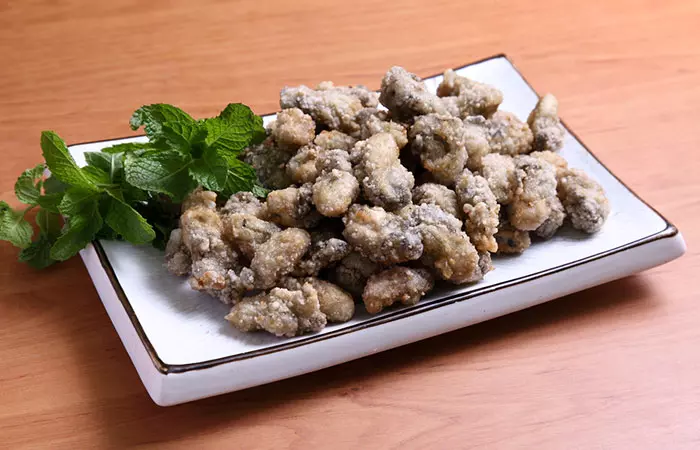
Generally, consuming six medium oysters per day is considered safe. Here are a few simple oyster recipes:
- Eat raw to get a briny flavor.
- Cook partially by adding only a few seasonings. This changes the flavor profile slightly.
- Coat in seasoned bread crumbs and shallow-fry them.
- Steam oysters to add to pasta dishes.
- Serve them in the shell, topped with herbs and seasonings of your choice.
Tips:
Choose oysters with shells that are not open. Also, remove the oysters that do not open while being cooked. It is also better to cook a few oysters at a time to ensure all are cooked properly.
Thanh, a research engineer, shared a simple yet effective tip for opening oysters in his blog. He said, “I attack the oyster by having the knife at about a 45-degree angle and then inserting it at the back tip of the oyster. I found that the triangular-shaped back of the knife really made it easy to pry the back oyster tip open (i).”
Note: Cooked oysters are a better option as the high heat kills bacteria and other possible disease-causing organisms.
 Fun Fact
Fun FactThe oyster industry has a growing market, and the oyster farming benefits and oyster sustainability are great, but as with any seafood, oysters too pose a few health risks if consumed in excess. What are they? Keep reading to know.
Side Effects Of Oysters
“Oysters feed by filtering water, and the vibrio found in water can concentrate in their tissues. Therefore, when you consume raw or undercooked oysters, vibrios can cause serious health problems, especially for people with liver disease,” Dr. Rudolf says.
Who should avoid it?
According to Dr. Probst, oysters can negatively affect
- People with a low immune system
- Breastfeeding mothers
- Children
- Pregnant women
Dr. Rudolf also says, “The bacteria and viruses from the sea can be harmful. They can cause Hepatitis Ai A liver infection caused by the Hepatitis A virus. It is highly contagious and usually occurs due to contamination in food or water. , vibrio infection, and norovirus infection.”
Since oysters are often eaten raw, they may cause food poisoning by passing on bacteria causing fever, nauseai An uncomfortable feeling in the stomach which may not always lead to vomiting but causes an urge to vomit. , diarrhea, and fever (16) (17).
Dr. Liana Casusi, MD, says, “Chemical contaminants like lead, cadmium, or mercury in oysters pose various other health risks. Because oysters contain high amounts of zinc, it is important to eat them in moderation. Too much zinc ingestion can cause poisoning and lead to vomiting, muscle cramps, stomach pain, and watery diarrhea. Also, eating raw oysters must be avoided by children, pregnant or breastfeeding women, and immunocompromisedi A condition in which the body’s immune system is weakened, which may be due to a health condition or medical treatment. individuals at all costs. In addition, the CDC recommends that oysters only be eaten cooked. Also, individuals with seafood allergies must avoid eating them.”
Understanding the potential side effects of oysters is important, but equally essential is knowing how to consume them safely to minimize health risks. Scroll down to learn more.
Safety Considerations When Consuming Oysters
Here are a few things that you must consider when consuming oyster to minimize the risk of associated side effects.
- Purchase oysters only from reputable vendors. Check that they should never smell sour or fishy but rather like the ocean.
- Tap the shells of oysters when purchasing; they should close securely, indicating they are alive and fresh.
- Avoid shucked, pre-packed oysters. Bacterial growth is more likely to occur in pre-shucked oysters that are sold in vacuum packs or jars.
- Consume them quickly. Oysters must be alive just before consumption or cooking as they are fresh and free of pathogens when alive. Although oysters have a long shelf life, their flavor, quality, and safety deteriorate with time. If your oysters come with an expiration date, always eat them in time. Do not consume oysters past expiration dates.
- Store them below 50°F (10°C) if you plan to cook them later. Oysters are not supposed to be kept at room temperature or exposed to the environment, as they spoil quickly due to rapid bacterial growth (18).
- Rinse the oysters under cold water and scrape the shells to remove bacteria, debris, and dirt before opening or cooking.
Infographic: Top 5 Reasons To Start Eating Oysters Today
Oysters are superfoods that can make any dining experience special. They have a lot more to offer than just their salty, zesty taste. They are packed with essential vitamins and minerals and may help enhance your health. The infographic below focuses on the many benefits of oysters. Check it out to learn why you should make them a part of your daily diet.
Some thing wrong with infographic shortcode. please verify shortcode syntaxOysters are saltwater bivalve mollusks packed with essential nutrients. The many benefits of oysters can be attributed to their omega-3 fats and antioxidant compounds. Eating oysters may help reduce body weight, manage blood sugar levels, lower the risk of cardiovascular diseases, improve sexual drive, and treat erectile dysfunction. However, consuming them in raw or uncooked form may cause side effects in some people. In addition, individuals with low immune health, pregnant and lactating mothers should avoid intake of oysters. Hence, consume them in moderation and consult your doctor in case of any emergencies.
Frequently Asked Questions
Is it OK to eat oysters every day?
Yes, it is safe to eat oysters every day. They contain nutrients like vitamins B12 and copper, which can promote overall health.
Are oysters a superfood?
Yes, oysters are a superfood, as they are loaded with many vitamins, minerals, and omega-3 fatty acids. They are also low in calories and cholesterol.
Why are oysters so expensive?
They can be expensive due to their seasonal availability, limited supply (cannot be farmed in large quantities), high demand, and storage and transportation charges.
Can consuming too many oysters be harmful to the body, and if so, how much is too much?
Yes. Eating more than six oysters per day is considered unsafe and may cause several side effects, such as diarrhea, abdominal pain, and vomiting (16).
Oysters are packed with nutrients and offer amazing health benefits. Watch this video to learn why you should eat more oysters and how they can benefit your health!
Illustration: Health Benefits Of Oysters, Nutrition, And Side Effects
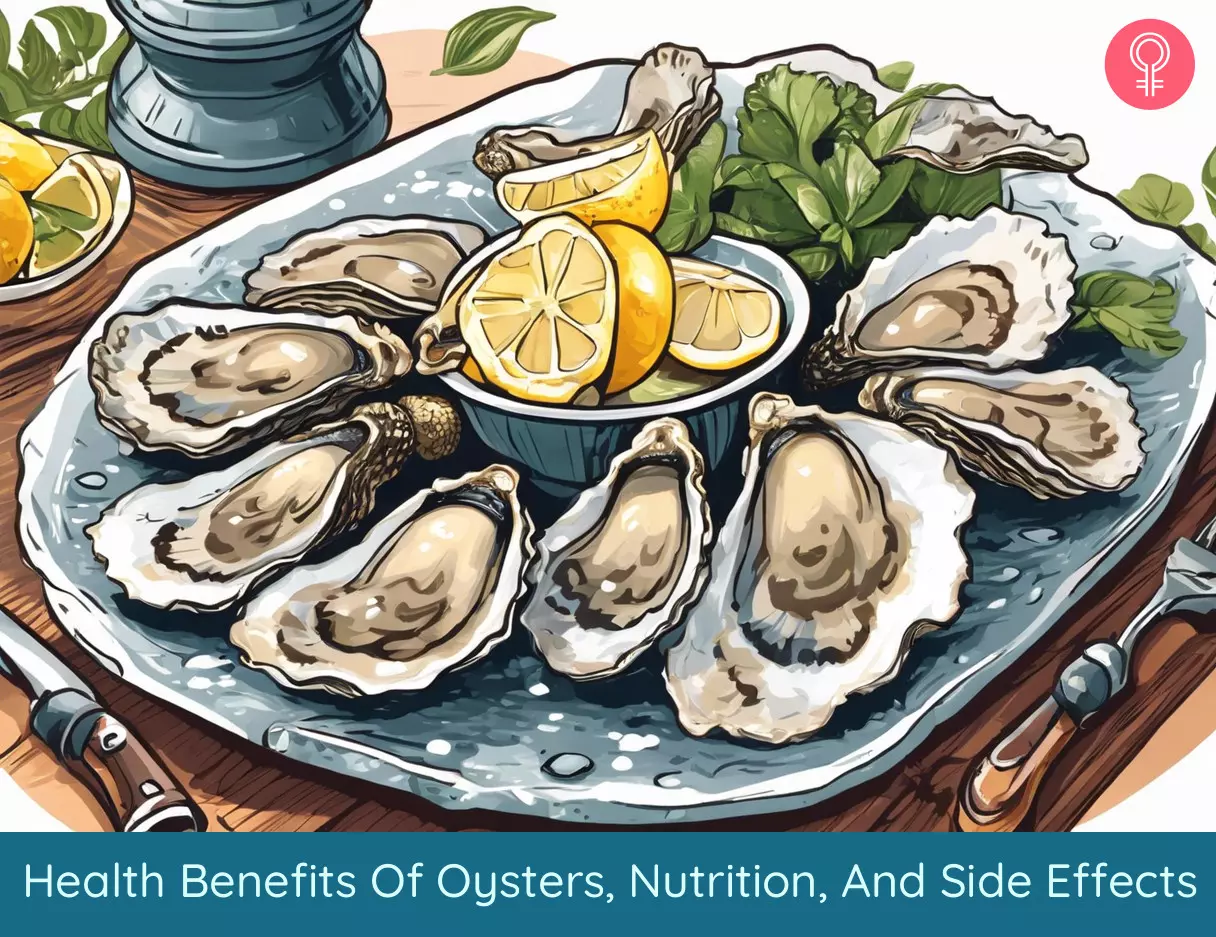
Image: Stable Diffusion/StyleCraze Design Team
Personal Experience: Source
StyleCraze's articles are interwoven with authentic personal narratives that provide depth and resonance to our content. Below are the sources of the personal accounts referenced in this article.
i. Are you a front or back shucker? – how to shuck an oysterhttps://ieatthereforeiam.blogspot.com/2011/12/are-you-front-or-back-shucker-how-to.html
References
Articles on StyleCraze are backed by verified information from peer-reviewed and academic research papers, reputed organizations, research institutions, and medical associations to ensure accuracy and relevance. Read our editorial policy to learn more.
- Mollusks oyster Pacific raw
https://fdc.nal.usda.gov/fdc-app.html#/food-details/174219/nutrients - Effects of fat protein and carbohydrate and protein load on appetite plasma cholecystokinin peptide YY and ghrelin and energy intake in lean and obese men
https://pubmed.ncbi.nlm.nih.gov/22556143/ - Effects of high-protein diets on body weight glycaemic control blood lipids and blood pressure in type 2 diabetes: meta-analysis of randomised controlled trials
https://www.ncbi.nlm.nih.gov/pubmed/23829939 - Assessing the Protective Activity of a Recently Discovered Phenolic Compound against Oxidative Stress Using Computational Chemistry
https://pubmed.ncbi.nlm.nih.gov/26624520/ - The Phenolic Antioxidant 3 5-dihydroxy-4-methoxybenzyl Alcohol (DHMBA) Prevents Enterocyte Cell Death under Oxygen-Dissolving Cold Conditions through Polyphyletic Antioxidant Actions
https://pubmed.ncbi.nlm.nih.gov/34064340/ - A phenolic antioxidant from the Pacific oyster (Crassostrea gigas) inhibits oxidation of cultured human hepatocytes mediated by diphenyl-1-pyrenylphosphine
https://pubmed.ncbi.nlm.nih.gov/23442659/ - Overview of Omega-3 Fatty Acid Therapies
https://www.ncbi.nlm.nih.gov/pmc/articles/PMC3875260/ - Effects of shellfish consumption on lipoproteins in normolipidemic men
https://pubmed.ncbi.nlm.nih.gov/2349916/ - Exploring scientifically proven herbal aphrodisiacs
https://www.ncbi.nlm.nih.gov/labs/pmc/articles/PMC3731873/ - Zinc status and serum testosterone levels of healthy adults
https://pubmed.ncbi.nlm.nih.gov/8875519/ - Effects of zinc supplementation on sexual behavior of male rats
https://www.ncbi.nlm.nih.gov/labs/pmc/articles/PMC2800928/ - Omega-3 Fatty Acids and Pregnancy
https://www.ncbi.nlm.nih.gov/labs/pmc/articles/PMC3046737/ - Maternal fish and shellfish intake and pregnancy outcomes: A prospective cohort study in Brittany France
https://www.ncbi.nlm.nih.gov/labs/pmc/articles/PMC2211746/ - Calcium and Vitamin D: Skeletal and Extraskeletal Health
https://www.ncbi.nlm.nih.gov/pmc/articles/PMC2669834/ - Muscle and Bone Mass Loss in the Elderly Population: Advances in diagnosis and treatment
https://www.ncbi.nlm.nih.gov/labs/pmc/articles/PMC6261527/ - Microbiological and Parasitic Exposure and Health Effects
https://www.ncbi.nlm.nih.gov/books/NBK235727/ - Fish and shellfish
https://www.nhs.uk/live-well/eat-well/food-types/fish-and-shellfish-nutrition/ - The Effects of Storage Temperature on the Growth of Vibrio parahaemolyticus and Organoleptic Properties in Oysters
https://pmc.ncbi.nlm.nih.gov/articles/PMC4032938/
Read full bio of Dr Archana Batra
Read full bio of Gayathri Vijay
Read full bio of Ravi Teja Tadimalla
Read full bio of Payal Karnik










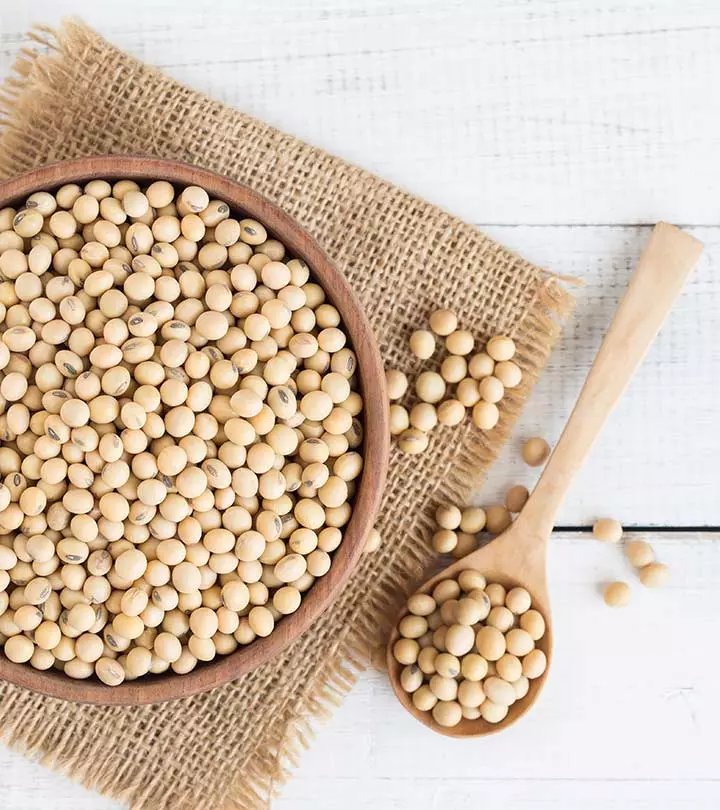



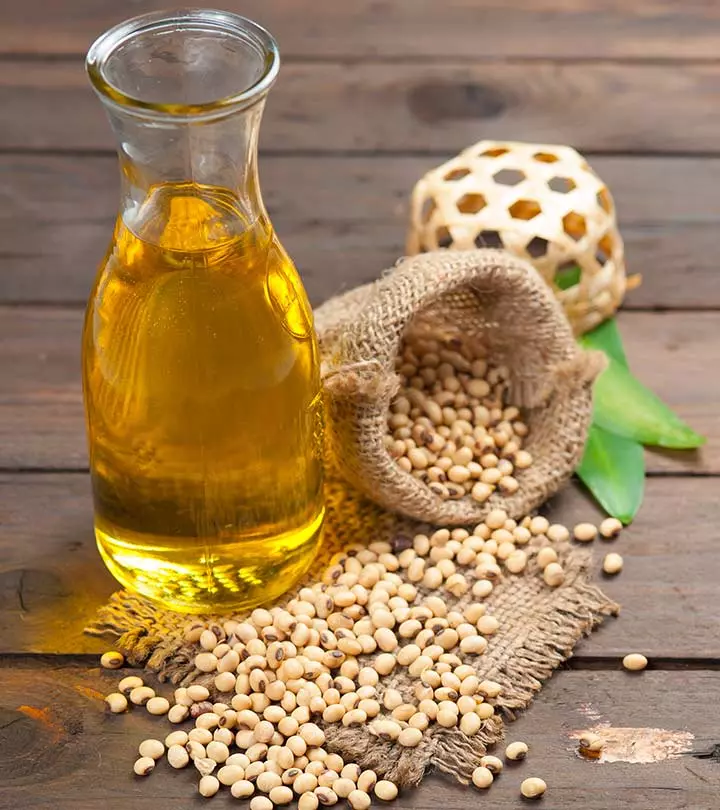
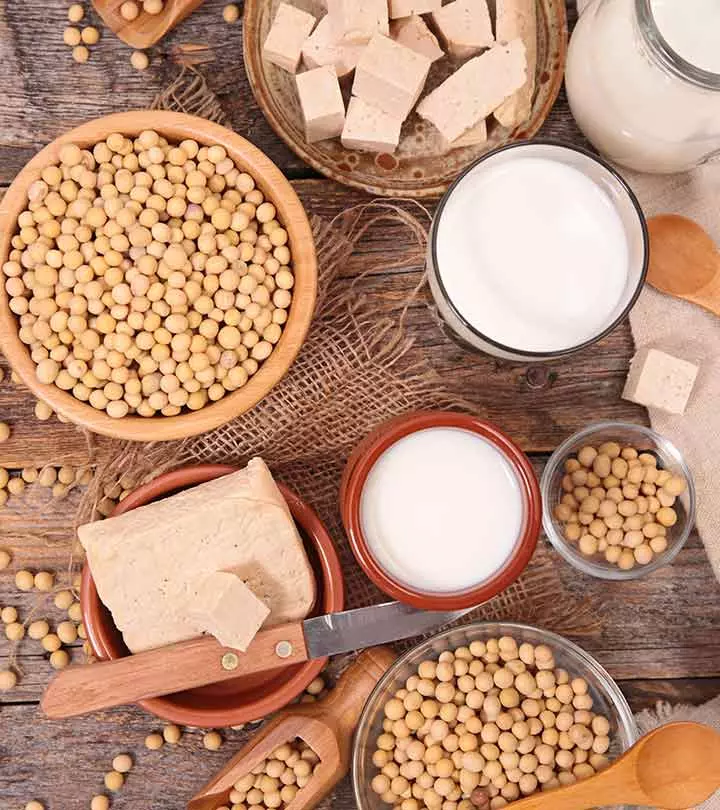


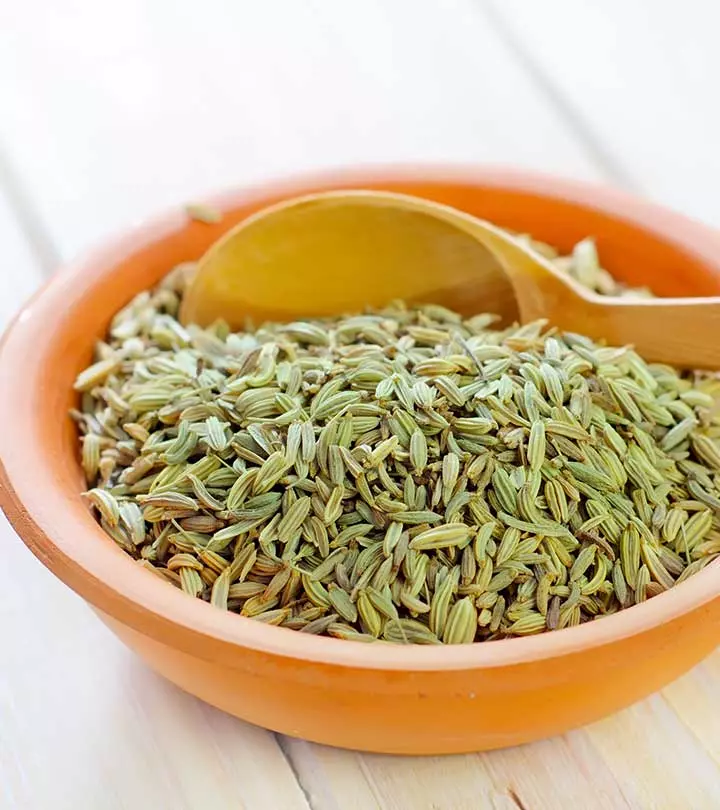

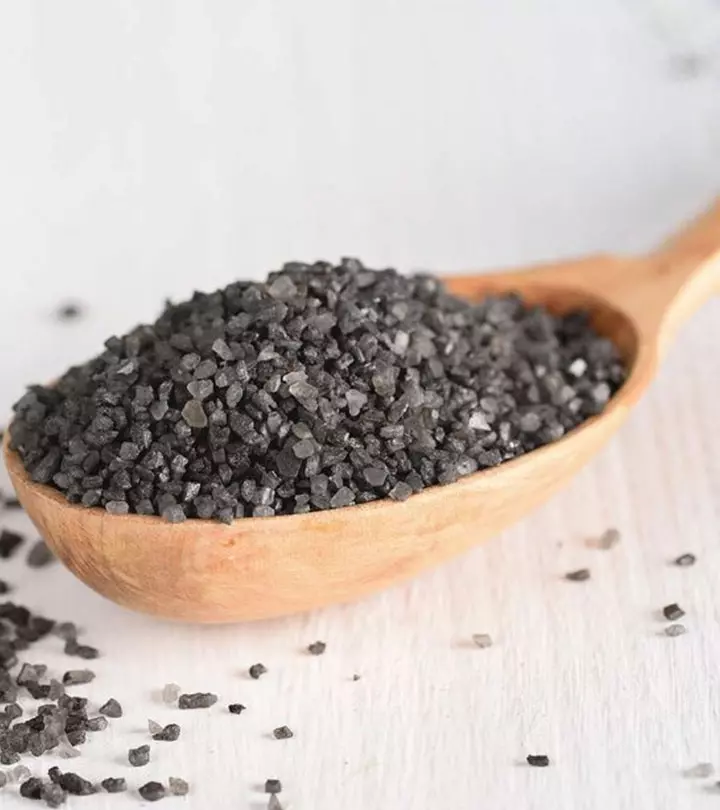

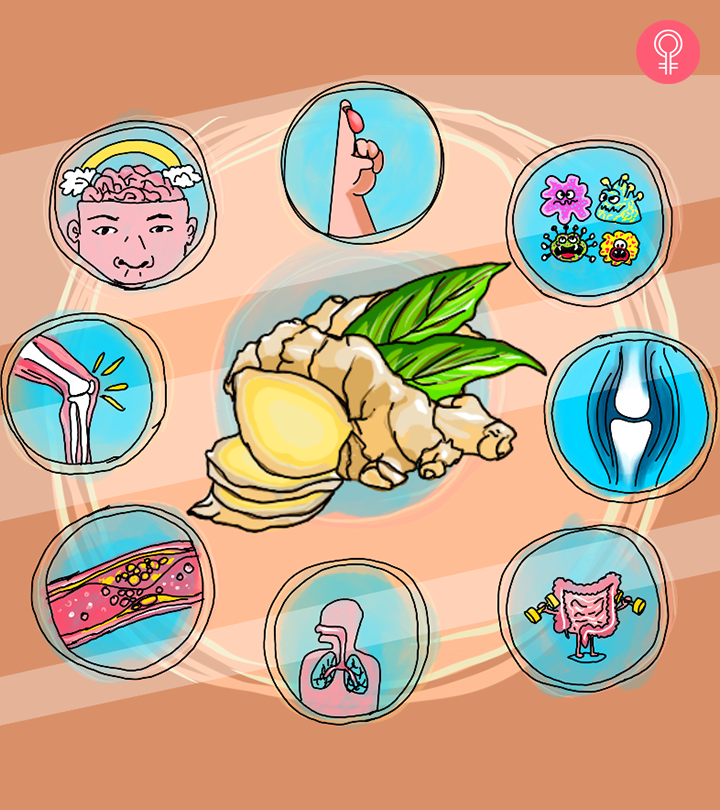

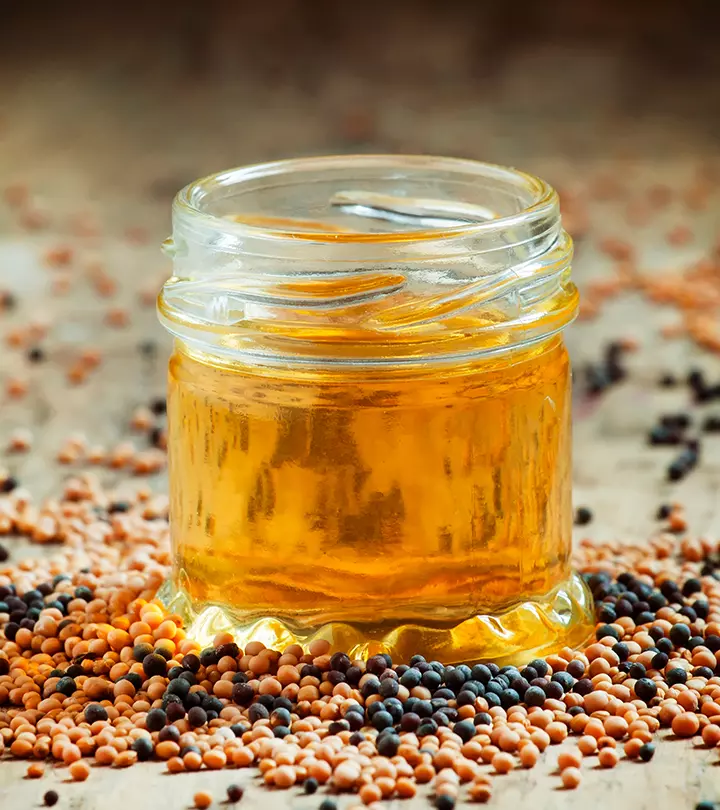

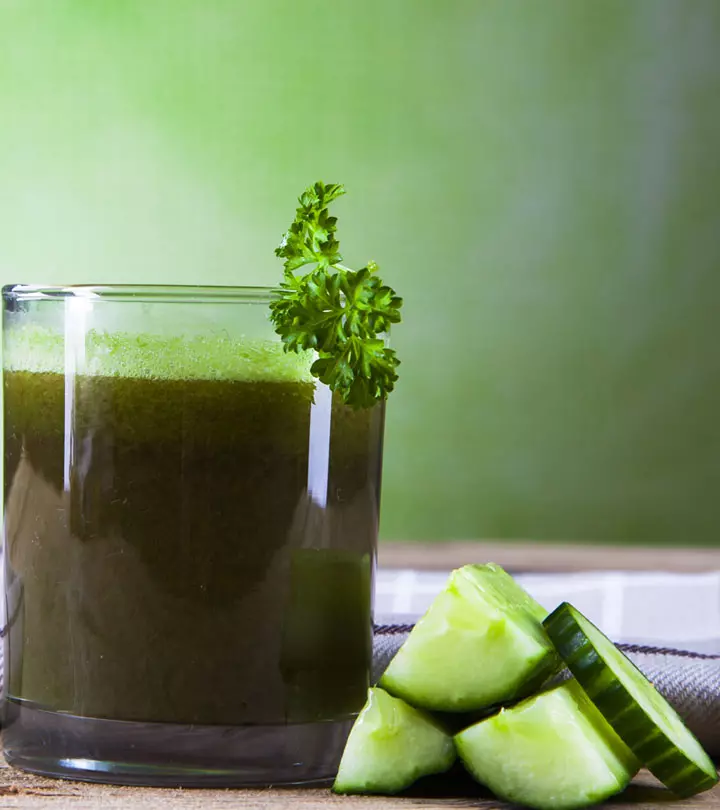

Community Experiences
Join the conversation and become a part of our empowering community! Share your stories, experiences, and insights to connect with other beauty, lifestyle, and health enthusiasts.